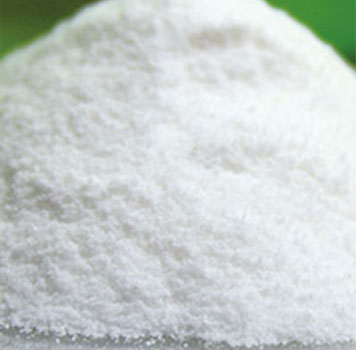Gibberellins are a class of plant hormones that play a vital role in regulating all aspects of plant growth and development. Among the many gibberellins that have been identified, gibberellins A4 and A7 (GA 4+7) are particularly important because of their widespread effects on plant physiology. These hormones are synthesized in the young tissues of plants, such as seeds, leaves, and stems, and they influence processes such as seed germination, stem elongation, and flowering. One of the most notable functions of GA 4+7 is the promotion of seed germination. When the seeds absorb water, gibberellins are activated, causing stored starches to break down into sugars, providing necessary energy for the emerging seedlings. This process is critical to ensuring that seeds can successfully transition from dormancy to active growth, especially under favorable environmental conditions. In addition to seed germination, GA 4+7 also aids in stem elongation. By promoting cell division and elongation, these gibberellins help plants grow taller and form stronger structures. This is especially important for crops, as increased height enhances light capture and increases overall yield. Additionally, gibberellins can affect flowering time and fruit development, making them critical to agricultural practices. Studies have shown that controlling the content of GA 4+7 can significantly increase crop yields. For example, treatment with gibberellins results in larger fruits and higher yields in various crops, including grapes and rice. However, it is crucial to balance the use of gibberellins, as excessive use of gibberellins can lead to adverse effects such as grain lodging. In summary, gibberellins A4 and A7 (GA 4+7) are important hormones that promote key growth processes in plants. Understanding their mechanisms and applications can lead to advances in agricultural practices that ultimately contribute to food security and sustainable agriculture.
Post time: Jan-03-2025






